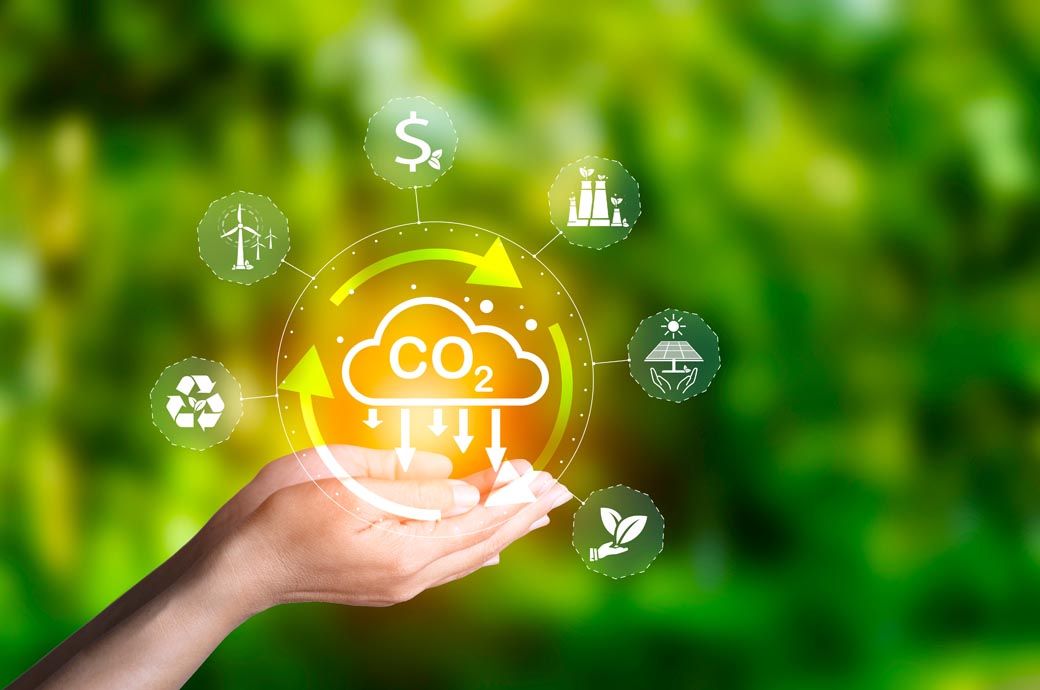
By adopting the New Collective Quantified Goal (NCQG) for Climate Finance, the EU has broadened the global contributor base for climate finance.
NCQG allows more countries to contribute finance, reflecting their growing emissions and economic weight, a release from the European Commission said.
The agreement also gives a strengthened role to multilateral development banks (MDBs), maximising the leverage and impact of public funds by drawing in and mobilising significant private finance. Parties agreed that the combined funding from all these sources should reach at least $1.3 trillion per year by 2035.
Within this broader target is a commitment by developed countries to take the lead on mobilising $300 billion per year by 2035 for developing countries' climate action.
This core goal can be achieved through a wide range of sources, including finance mobilised by multilateral banks and, for the first time, contributions from other countries. This was a critical EU demand to ensure that other countries do their fair share in providing and mobilising funding, matching their financial capacity.
There is no assigned share of this contribution for the EU or its member states, and decisions about how to meet these targets will lie with member state governments and the EU, through national budgets and the multiannual financial framework (MFF).
The EU negotiating team also successfully finalised the rules that will bring greater environmental integrity, transparency and accountability to international carbon markets under Article 6 of the Paris Agreement, the release said.
The crediting mechanism under Article 6.4 will set a new UN-backed standard for high-quality carbon offsets, and the new rules for recording and tracking of international transfers will bring transparency to bilateral carbon deals between parties. This will enable a cost-effective reduction and removal of emissions.
During COP29, the EU joined a group of other ambitious countries in announcing its intention to present a 1.5 degrees centigrade-aligned nationally determined contribution (NDC) next year, setting the bar for other countries.
To drive forward the clean energy transition, the Commission and the Beyond Oil and Gas Alliance announced a partnership on the transition away from fossil fuels.
The Commission also launched a new Methane Abatement Partnership Roadmap to further accelerate the reduction of methane emissions associated with fossil energy production and consumption, in collaboration with a number of partner countries, international organisations, non-governmental organisations and development banks.
Under the Paris Agreement, 194 countries agreed to keep average global temperature change well below 2 degrees centigrade and as close as possible to 1.5 degrees centigrade by the end of the century.
The EU is now the largest provider of international climate finance, contributing €28.6 billion in public climate finance in 2023 and mobilising an additional €7.2 billion of private finance to support developing countries to reduce their greenhouse gas emissions and adapt to the impacts of climate change.
Fibre2Fashion News Desk (DS)